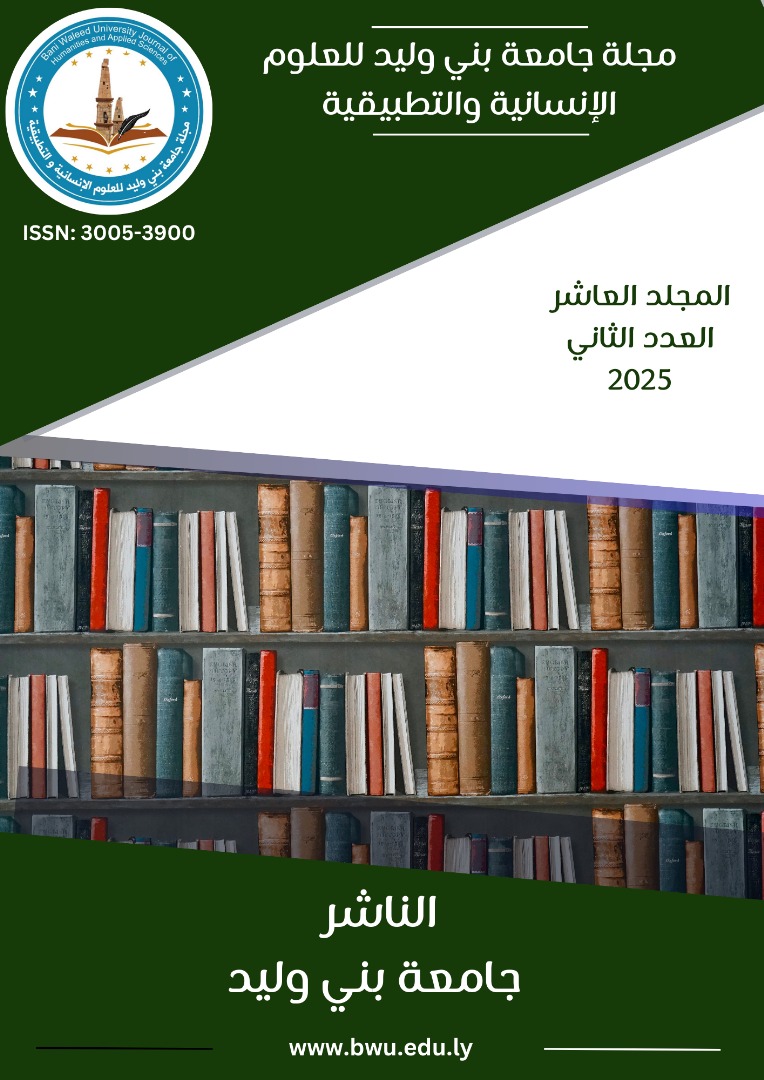The Role of Security in Combating Crime in Libya: Challenges and OpportunitiesDuring the Period (2010-2014)
DOI:
https://doi.org/10.58916/jhas.v10i2.758Keywords:
The concept of security, features of security decision-making, crime indicators, LibyaAbstract
The study concluded that combating and controlling crime, and addressing its causes through various means and multiple approaches, imposes a financial burden on countries. The cost of efforts to eliminate or at least reduce crime requires the implementation of preventive and reform programs. These require reliable and accurate information that reflects the reality. Libya has witnessed a significant increase in crime rates as a result of the deteriorating political and security situation. Chaos and insecurity were among the main factors contributing to this escalation, necessitating an urgent need for effective strategies to restore security and stability to the country.
Downloads
References
- Cybercrime in Cyberspace: Concept, Causes, and Combating Means, with an Examination of the Case of Libya. United Nations Report 2015.
- "Public Participation in Combating Crime," Public Security Magazine, Year 3, Issue 37 (Hannibal / 1369 A.D.).
- Report of the Libyan Center for National Security Research: "The Impact of the Revolution on Crime Rates in Libya." (2012)
- Khadija Arafa, "Transformations in the Concept of Security... People First," Islam Online, International Information Network, article published on September 7, 2003.
- A Study of Changes in Crime After the February 17 Revolution in Libya," University of Tripoli, (2014).
- Muhammad Ibrahim Al-Asibi, "Spending on Security is an Investment That Reaps Security, Safety, Tranquility, and Stability," Public Security Magazine, Year 3, Issue 37 (Hannibal / 1369 A.D.).
- Musa Abu Sabeiha, "The Security Decision," Public Security Magazine, Year 4, Issue 41 (dates/2002).
- Amnesty International: Reports on the Security Situation in Libya (2013).
- Nidaa Mutasher Sadiq Al-Sharfi and Mustafa Abdul Hamid Dallaf, "Political Development and the Role of Local Popular Security in Achieving It," Studies Magazine, Issue 11 (Winter/2002).













